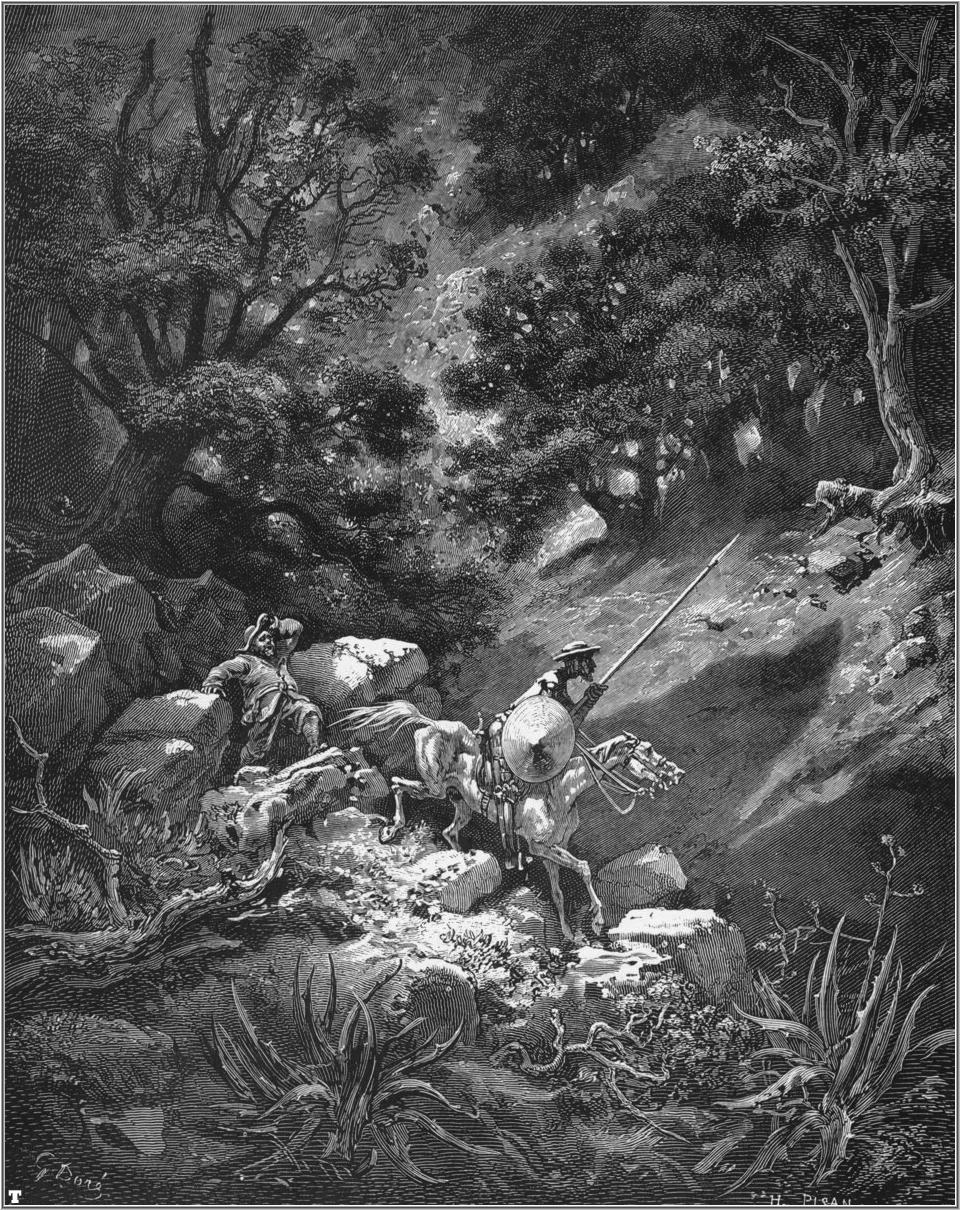Night of 3rd-4th February 1942
Christianity as a Jewish psyop for whites—After Jews disappear from Europe the world will recapture its sense of joy.
My thirteen months of imprisonment had seemed a long time—the more so because I thought I’d be there for six years. I was possessed by a frenzy of liberty. But, without my imprisonment, Mein Kampf would not have been written. That period gave me the chance of deepening various notions for which I then had only an instinctive feeling. It was during this incarceration, too, that I acquired that fearless faith, that optimism, that confidence in our destiny, which nothing could shake thereafter.
It’s from this time, too, that my conviction dates—a thing that many of my supporters never understood—that we could no longer win power by force. The State had had time to consolidate itself, and it had the weapons. My weakness, in 1923, was to depend on too many people who were not ours…
There are towns in Germany from which all joy is lacking. I’m told that it’s the same thing in certain Calvinistic regions of Switzerland. Near Würzburg, there are villages where literally all the women were burned. We know of judges of the Court of the Inquisition who gloried in having had twenty to thirty thousand “witches” burned. Long experience of such horrors cannot but leave indelible traces upon a population.
One cannot succeed in conceiving how much cruelty, ignominy and falsehood the intrusion of Christianity has spelt for this world of ours. If the misdeeds of Christianity were less serious in Italy, that’s because the people of Rome, having seen them at work, always knew exactly the worth of the Popes before whom Christendom prostrated itself. For centuries, no Pope died except by the dagger, poison or the pox.
 I can very well imagine how this collective madness came to birth. A Jew was discovered to whom it occurred that if one presented abstruse ideas to non-Jews, the more abstruse these ideas were, the more the non-Jews would rack their brains to try to understand them. The fact of having their attention fixed on what does not exist must make them blind to what exists. An excellent calculation of the Jew’s part. So the Jew smacks his thighs to see how his diabolic stratagem has succeeded.
I can very well imagine how this collective madness came to birth. A Jew was discovered to whom it occurred that if one presented abstruse ideas to non-Jews, the more abstruse these ideas were, the more the non-Jews would rack their brains to try to understand them. The fact of having their attention fixed on what does not exist must make them blind to what exists. An excellent calculation of the Jew’s part. So the Jew smacks his thighs to see how his diabolic stratagem has succeeded.
He bears in mind that if his victims suddenly became aware of these things, all Jews would be exterminated. But, this time, the Jews will disappear from Europe. The world will breathe freely and recover its sense of joy, when this weight is no longer crushing its shoulders.

